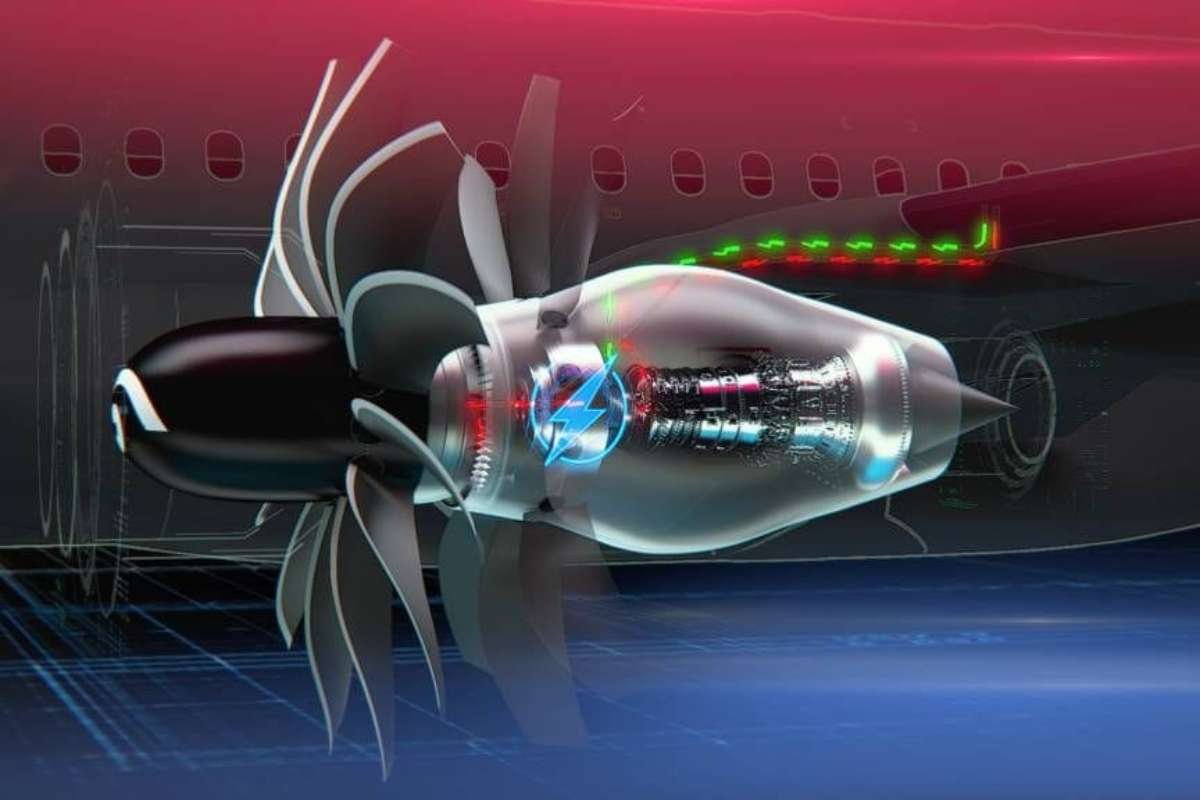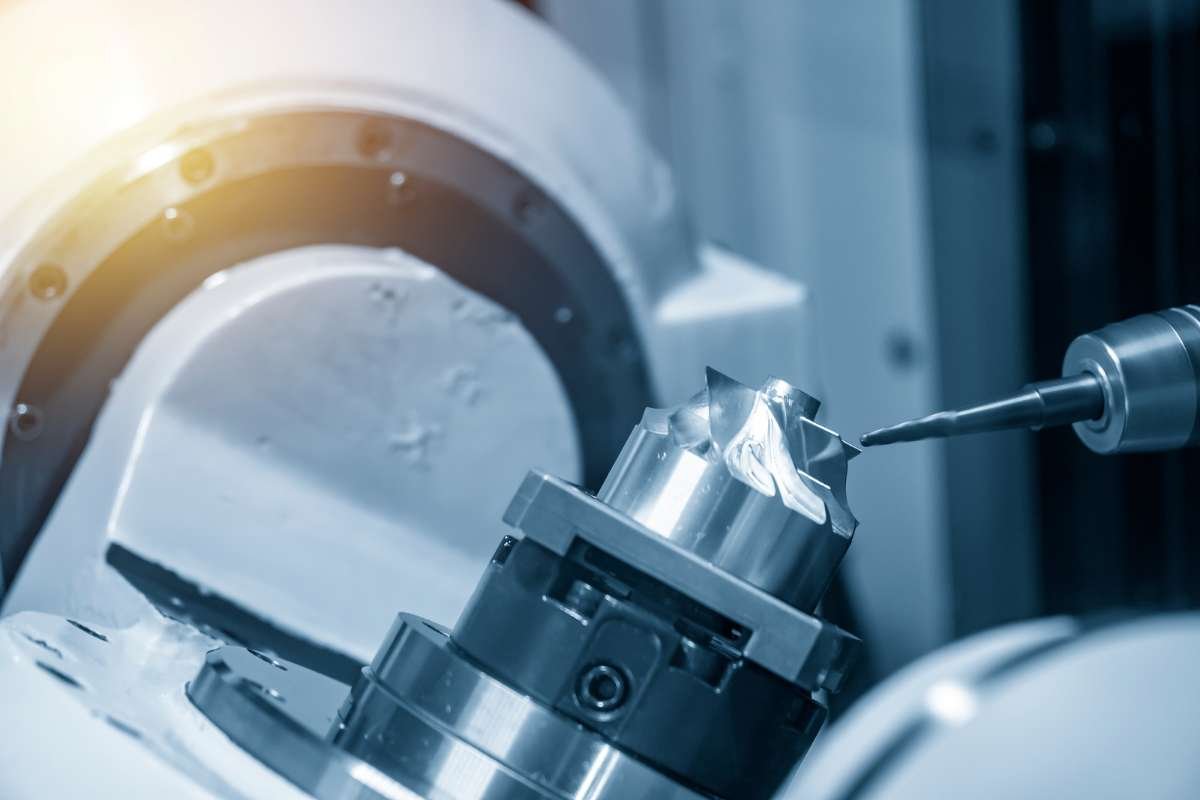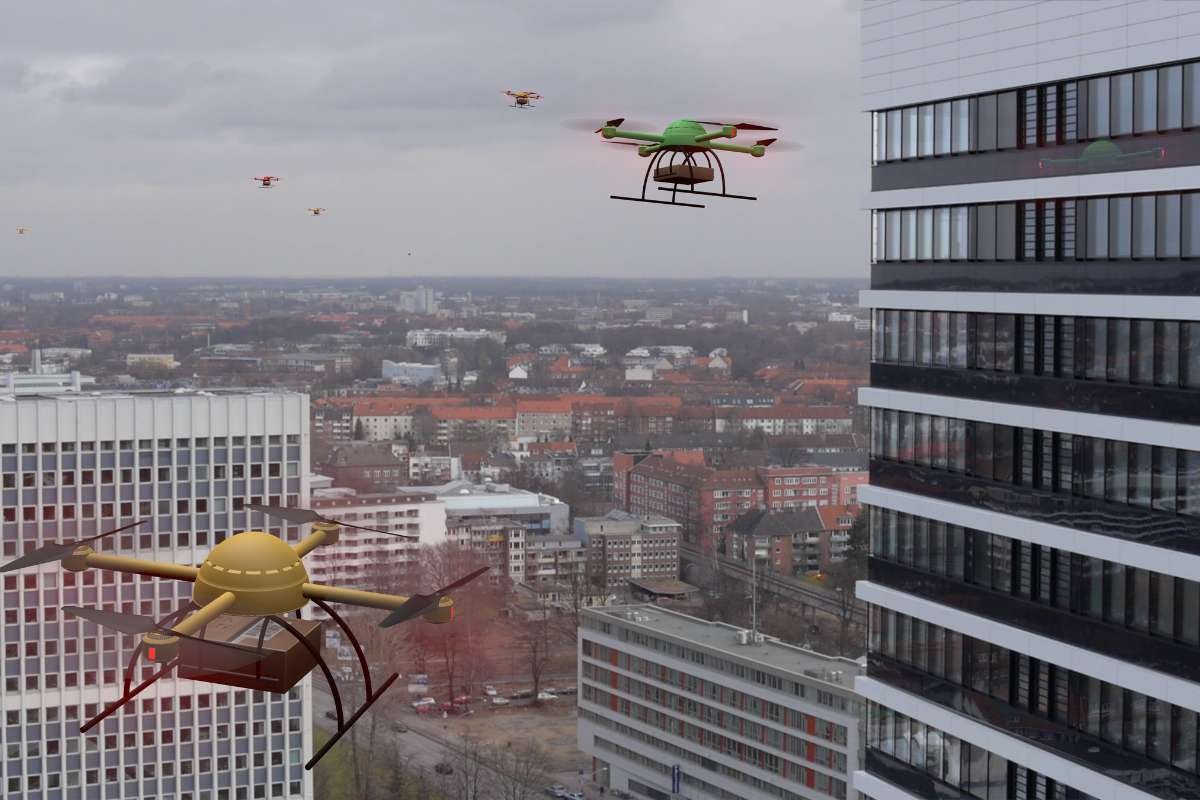Aerospace is a wonderful industry, and as a sector, there’s a lot of growth happening that is worth knowing about. This is particularly the case when it comes to the type of technology being used.
Here are 5 Innovations in Aerospace Technology:
1. Electric and hybrid propulsion

Electrification has become a focal point within aerospace, but also within a lot of vehicle manufacturing and development. As more people grow concerned with the use of fuel and the impact it has on the environment, those within the aerospace field are identifying the best alternative fuel solutions.
Electric and hybrid propulsion are therefore gaining momentum in this industry by providing quieter operations, lower emissions, and reducing overall costs.
2. Artificial intelligence and machine-learning technology
Artificial intelligence, or AI for short, is being used in many industries, including the aerospace sector. With machine-learning technology like AI in place, it’s helping with optimizing flight operations for both efficiency and safety.
This could be optimizing routes so that it maximizes fuel efficiency, to predictive maintenance to continue upkeep of vehicle assets currently in existence.
3. Advanced materials

Innovations in aerospace technology are driving significant progress within the industry. Every advancement being made is leading to faster production and meeting lead times, to creating vehicles that are lightweight, high-strength, and more affordable.
Composites are a great way to improve fuel efficiency and performance. The advancements in materials like aerospace metal coatings are revolutionizing the effectiveness and durability of future vehicles.
The cost savings that can be made by having vehicles with improved longevity are certainly something that will benefit the aviation industry for years to come.
4. Autonomous flight systems

Certain technologies are changing the way vehicles are operated. In recent years, we’ve seen the increase of drones and unmanned aerial vehicles – otherwise known as UAVs – take to the skies.
The technology used within these vehicles has become a lot more sophisticated and effective in many ways. From delivery services to surveillance and research. These are technologies that not only impact how the vehicles are built but also how they’re flown and what potential is possible in space exploration.
Of course, autonomous and unmanned vehicles are not without their scrutiny. While there is a lot of potential within this technology, there’s still plenty to be done in order to perfect the technology and make it impenetrable from outside sources.
5. Additive manufacturing
Additive manufacturing, also known as 3D printing, allows for the creation of often complex but lightweight components. This type of manufacturing is helpful in streamlining processes and ultimately reducing the amount of waste that’s often lost.
Not only is additive manufacturing useful for creating lightweight components, but it also helps to reduce the costs, which such benefits trickle down to the buyers of these vehicles.
Innovations in aerospace technology are poised for significant growth and increasing importance in the coming decades. From commercial space flights to faster jets and planes, the possibilities are endless – even when it comes to vehicles traveling at the speed of light!








